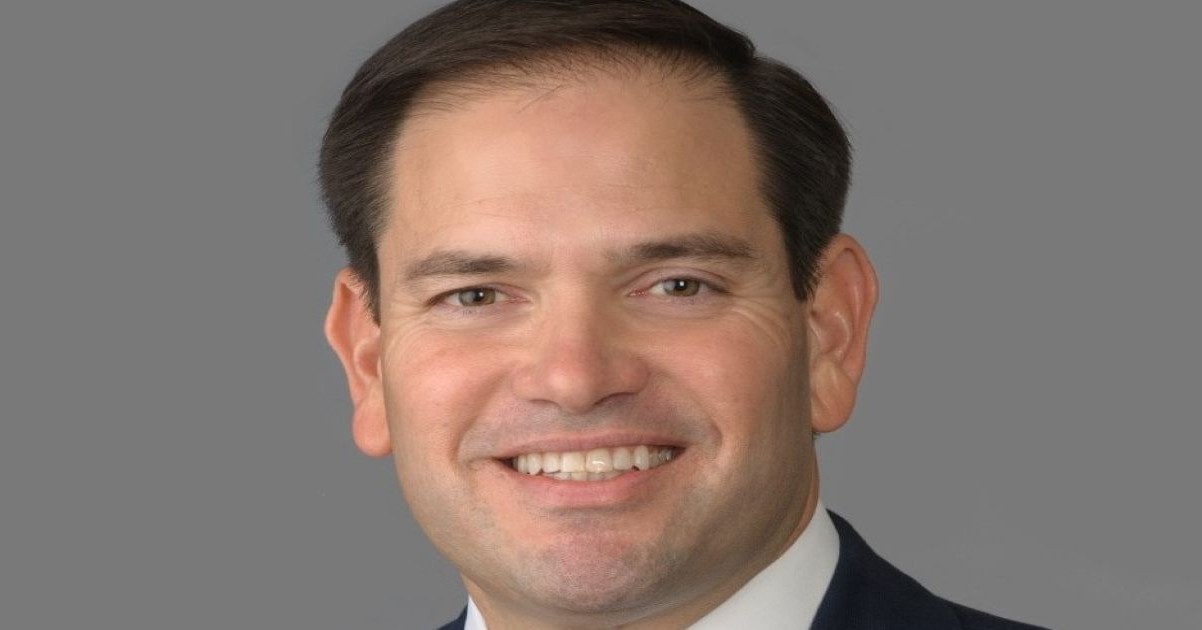Trump administration revoking legal status for over 500K migrants
Anyone who may have doubted President Donald Trump's resolve when it comes to reversing Biden-era immigration practices has undoubtedly taken note of his decisive pace of action since taking office just over two months ago.
Continuing the ongoing course correction that has liberals fuming, CBS News reported last week that the Trump administration was poised to revoke the legal status of over 500,000 migrants from countries including Haiti, Cuba, Nicaragua, and Venezuela, granted under a parole program initiated by the Biden White House.
Revocation rationale, explained
According to a notice from the Department of Homeland Security (DHS) set for publication in the Federal Register on Tuesday, the agency plans to terminate the “categorical parole programs for inadmissible aliens from Cuba, Haiti, Nicaragua, and Venezuela and their immediate family members” announced by the Biden DHS in 2022 and 2023.
The notice explained that the Immigration and Nationality Act (INA) “confers upon the Secretary of Homeland Security the narrow discretionary authority to parole inadmissible aliens into the United States 'temporarily under such conditions as [DHS] may prescribe only on a case-by-case basis for urgent humanitarian reasons or significant public benefit.'”
The communication went on to state that “a review of the history of the parole authority supports the contention that discretionary parole determinations were intended by Congress to be narrowly tailored to specific instances and not based on a set of broadly applicable eligibility criteria.”
“Under the law, the determination to parole an alien into the country should only be made on a case-by-case basis, taking into account each alien's unique circumstances,” the notice continued, something the current administration suggests did not occur.
Furthermore, the administration contends that any of the possible justifications offered for the broad grants under the aforementioned parole program do not withstand scrutiny under current national security and border enforcement conditions.
April deadline looms
Under the administration's plans, termination of parolees' work permits and deportation protections will occur in late April, 30 days after March 25.
Those who do not depart as instructed will make themselves subject to arrest and subsequent removal by deportation agents.
Notably, DHS officials indicate that the government still possesses the authority to pursue certain migrants who entered the U.S. under the relevant program prior to the 30-day window, namely, those who have not sought ancillary immigration recognition such as a green card or asylum.
According to DHS spokesperson Tricia McLaughlin, the point of the initiative is to rectify the parole admissions of “loosely vetted” individuals during the Biden years, which she says also undercut American citizens in the labor market.
McLaughlin said, “The termination of the CHNV parole programs, and the termination of parole for those who exploited it, is a return to common-sense policies, a return to public safety, and a return to America First.”
CBP app use urged
Migrants hoping to avoid enforcement are being encouraged to make use of the CBP Home app, which allows individuals to register with the government for the process of self-deportation.
Touting the new functionality of the app, Trump himself made clear, “People in our country illegally can self-deport the easy way or they can get deported the hard way, and that's not pleasant,” but precisely how many impacted Biden-era parole recipients will take that advice ahead of the late April deadline, only time will tell.




